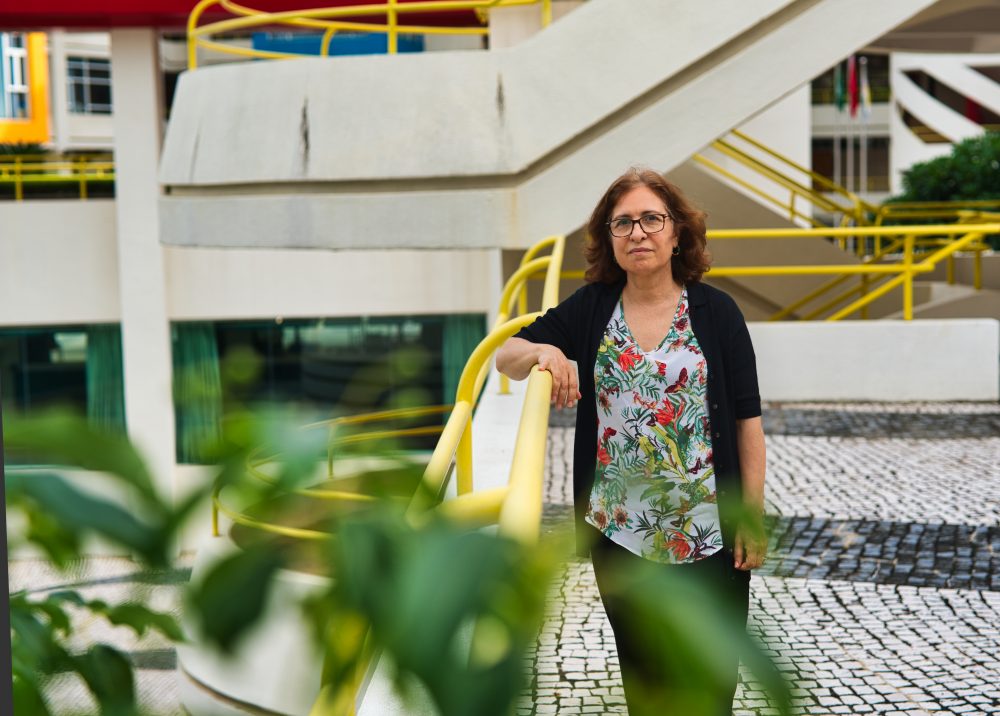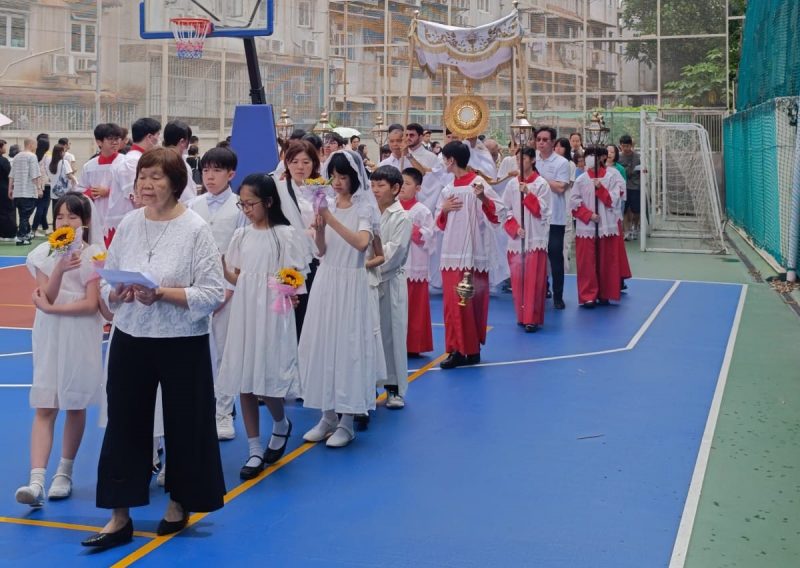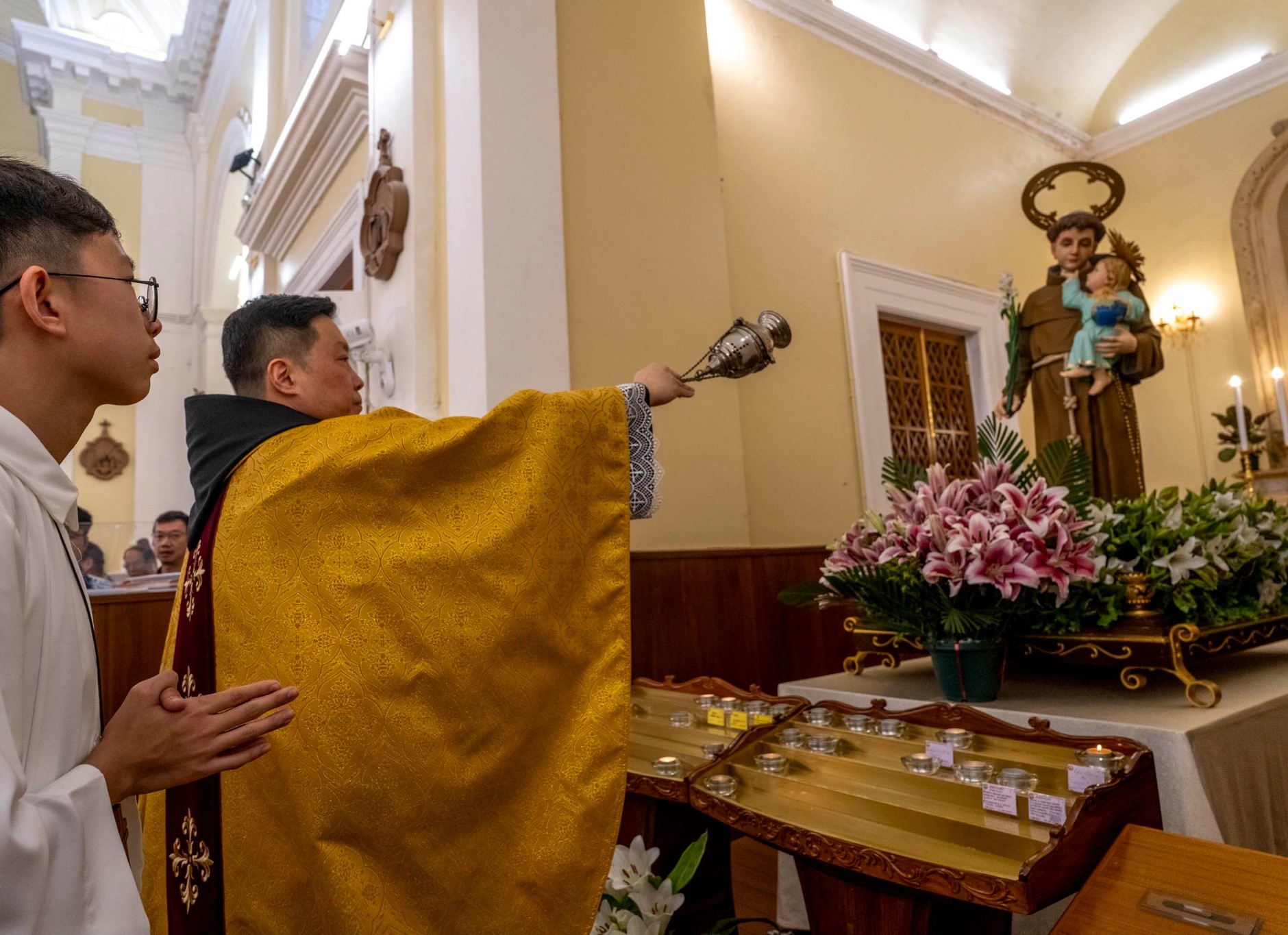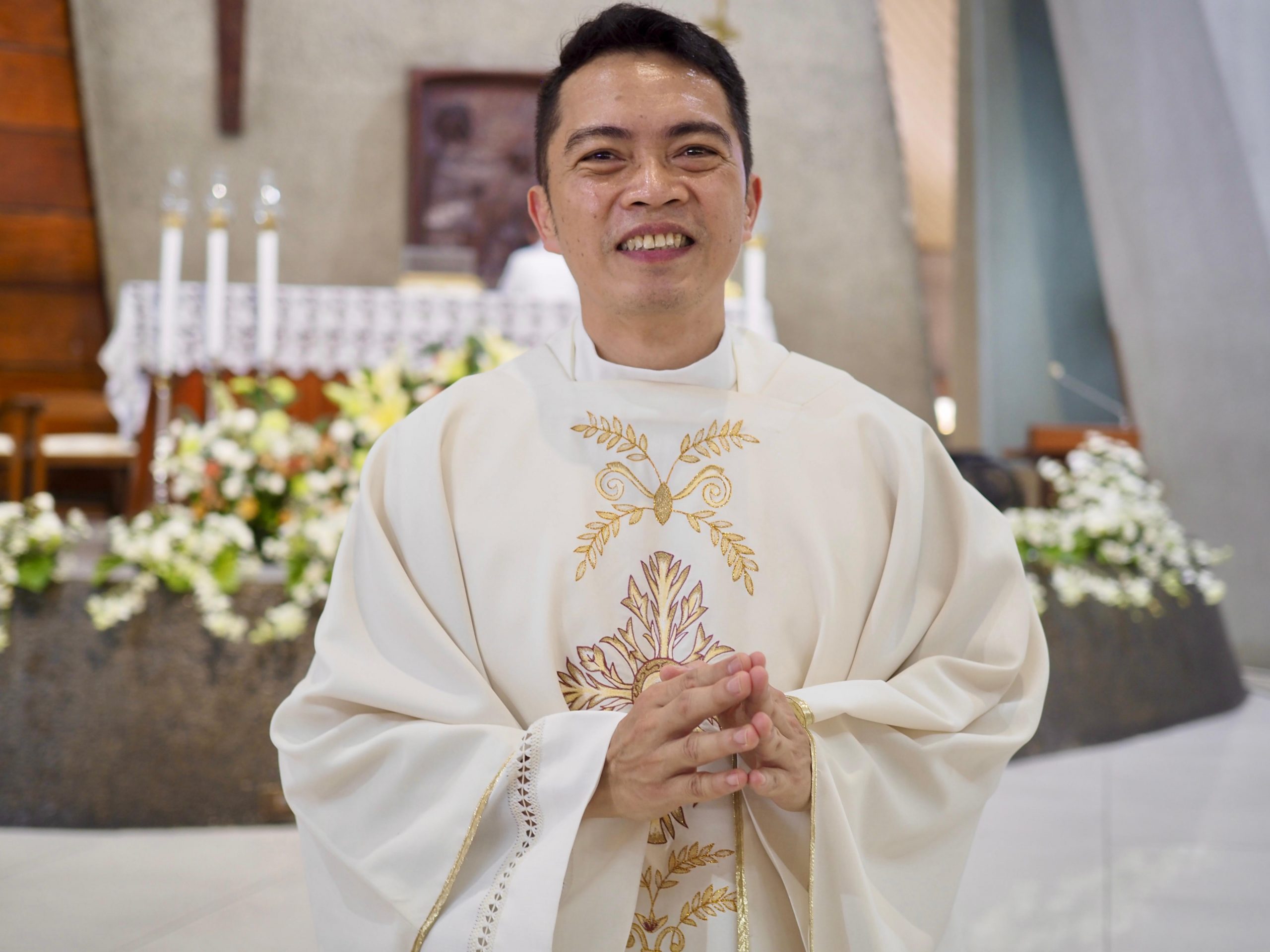Marco Carvalho
When the Bishop Domingos Lam Centre was launched back in 2019, its aim was to conduct work along seven major lines of research. What sorts of activities have been developed over the last three years?
Ana Correia: Yes. Well, when the Bishop Domingos Lam Centre was launched in 2019, Professor Keith Morrison was the first director and he set up those lines of research. But one year later, approximately, when I became the director, the Centre was reorganized. There was a consultation process along with several academic units, and we decided which research areas would be more interesting for our stakeholders and the educational community.
If I remember correctly, inclusive education was one of the lines of research favored by the Bishop Domingos Lam Centre when it was created. Is it still seen as a priority?
Ana Correia: Inclusive education was one of the research lines and still continues to be a very strong interest of ours. First and foremost, we have the support of Bishop Stephen Lee. He is a great advocate of the development of inclusive education in Macau. I think I can say that one of his great passions is inclusive education. We continue to develop work in that area. Several projects have been developed but, in general, research has been hindered by the Covid-19 pandemic in more than one aspect, not only fieldwork. Many projects were cancelled because for many months it was impossible to interview our subjects and to conduct observations. I am sure you remember that schools closed their doors. There was a long period of time in which almost nothing could be done. In terms of palpable research, I can give you an example of the work we have been doing. Earlier this month, an article was published in the Journal of Research in Special Education Needs, focusing on the participation of students with special education needs in Macau schools. This is a very important issue because most of the research done so far on inclusive education is focused on teachers and principals. But we also need to give a voice to the students. They also have a say about their experience and their difficulties, and they are very rarely given the opportunity to voice out their interests and their preferences. This article is a good contribution for all educational stakeholders in Macau to understand what the future lines of work should be and what sort of research should be done in this area. We found out that students, sometimes, are not being sufficiently listened to and sufficiently supported in schools. This is one of the outcomes. Another one is not yet published. It is an ongoing research about differentiation strategies: diverse schools and diverse classrooms require diverse strategies to accommodate the difficulties that students individually face. Teachers aren’t always receiving enough preparation to manage this sort of diversity in our schools. This requires planning for the diverse needs of students and, later on, implementing those different strategies. So, there was an inquiry focusing on very experienced and highly prepared professors that are teaching in inclusive schools, asking them about what strategies they were using to actually support their students. The results are amazing because we have … Well, maybe they are not yet enough because we don’t have them in a great quantity, but we already have a small number of teachers that can lead this process and can collaborate within and between schools to develop better inclusive practices.
Catholic schools have always been inclusive by nature. In Macau, they were pioneers in welcoming students with special educational needs and anticipated a trend that is now widespread…
Ana Correia: I think that the educational landscape in Macau is changing. And it is changing for the better. There is a greater attention to this dimension of inclusive education. Almost all the local schools are, nowadays, under the supervision of the Education Bureau. We can’t actually talk about the majority of private schools, because almost all private schools now receive subsidies from the government along with the local public schools. We have a mixed system, and due to that mixed system, schools are enrolling students with special education needs and are creating their own special education teams. So they are, I believe, doing their best to improve the way they deal with students with special needs.
What sort of pedagogical aspects currently distinguish Catholic schools from other schools in Macau? Or are the differences increasingly blurred?
Ana Correia: I think that Catholic schools, having in mind their Catholic values and principles, have always been, generally speaking, more open and more welcoming to all sort of students. This is something that is rooted in more than one hundred years of history, and I believe it is still important today. But, nowadays, the difference between Catholic and non-Catholic schools in terms of their approach to inclusive education is less clear-cut. In general, the level of acceptance of aspects such as diversity is higher than before. Of course, Catholic schools follow Catholic principles and one of the most basic values is inclusion itself. It is important to include everybody in the same community because all children deserve the same level of attention, the same care from adults and from the ones who are responsible for their education.
You mentioned before that the Centre has gone through a process of restructuration. What are currently the main priorities in terms of research?
Ana Correia: Well, we have three research lines. You can find out all about them on our website. One of the research lines concerns Educational Change and (Social) Responsibility. Under this research line, we can find three very distinct areas, one of them being inclusive education. There’s another one focusing on Philosophical, Cultural and Religious dialogue. This area is also very important for the University of Saint Joseph, being a Catholic university. And we have a third area, which is Child, Family and Community Studies, that involves some of our colleagues in the social work area. These colleagues have a stronger role in the research being done in this area. Then we have a second great line of research, one that is very important to us: Professional Learning, Leadership and Quality. The University of Saint Joseph has been playing such an important part in terms of teachers’ training. We have a Bachelor of Education and we have our Post-Graduate Diploma in Education in three languages, focusing on kindergarten, primary and secondary level. We have been supporting and promoting teachers’ training since 2014. So, of course, this area of research is very cherished and very important to us. It is one of the strongest areas in our Centre. I would say that the third area – Creativity and Innovation – although it is very important, is so far less developed. It is becoming more and more important with a greater interest in mobile learning, online learning, digital literacy, technology, enhanced learning and everything related to the Covid-19 pandemic. In the future, I expect to have more people doing research focused on digital literacy, and information and communication technologies. It’s the new trend.
That’s one of the questions that I wanted to ask you. You mentioned that Covid-19 had a very unique impact on the research that the Bishop Domingos Lam Centre was conducting. Did it make new lines of research unavoidable? We have had plenty of new things happening: closed schools, home and distance learning. Did Covid-19 change anything in the way the Centre approaches education?
Ana Correia: It didn’t change much. The reorganization of the Centre, in terms of research lines, was completed before the Covid-19 outbreak. The pandemic impacted the Centre in terms of potential for collaboration with overseas researchers and affiliated researchers. For the last two years, we could not invite them to come to Macau and vice-versa. We could not go anywhere. Technical conferences and other kinds of collaboration were cut or suspended because of Covid-19. Sometimes, in order to do research, people need to meet and to talk. Not everything goes smoothly when we cannot travel and actually visit the places we should visit. For instance, there was an international conference organized, called “Journeys of Inclusion and Care in the Universities of the Portuguese Speaking Countries.” This conference was completely planned, and we invited scholars from Mozambique, Brazil, Cape Verde, East Timor, Angola, Portugal and one scholar from Shanghai and, in the end, we had to cancel the event due to the Covid-19 pandemic. So, yes, we did face many problems due to the pandemic. I hope that in the near future we can be better off.
The Bishop Domingos Lam Centre brought something new to the Macau education panorama, in the sense that other universities have their own strategies in order to form teachers and prepare teaching staff, but the Centre was conceived to rethink education and, in a certain sense, to find new solutions and new perspectives to address educational challenges, not only in Macau, but also in other places, such as the Portuguese-speaking countries. What would you say is the main priority in terms of education nowadays in Macau? You were saying that inclusive education is already part of the educational panorama. What would you say are the main problems that local schools still face?
Ana Correia: Well, I think that we are at a good stage in terms of the development of inclusive education, nevertheless, we are still in one of the earlier stages of this process, which is the acceptance stage. This is a very preliminary stage. In the past, not all schools accepted students with special education needs and this is changing. But, from here, from the place where we are today, there is still a long way to go until we can say that inclusive education is a reality in Macau. Many problems still persist. We are still facing problems with community acceptance. Parents without children with special needs still need to be more open regarding children with special needs. Not all of them have or show an open and positive attitude. Aside from this, not all teachers consider themselves prepared to tutor and instruct students with special needs in their classes. We still face a lack of human resources. We also lack material resources, technology. There are many things that still need to be worked out. It is still a problem. If there is a positive perspective, that perspective is that schools are doing their best. With the pandemic, it became very difficult to recruit experts overseas, and this has also delayed the development process. This is one of the issues that, I think, still need to be addressed. Also, concerning inclusive education, the transition from school to the workplace is also a problem because students with special needs, when they finish secondary school, they face great difficulties in finding a job and, I think, a lot can be done in this area, in the area of collaboration between the educational system, companies and employers in Macau. This collaboration needs to be reinforced in order to give opportunities to all youth so that they can find a job when they finish their education.


 Follow
Follow


